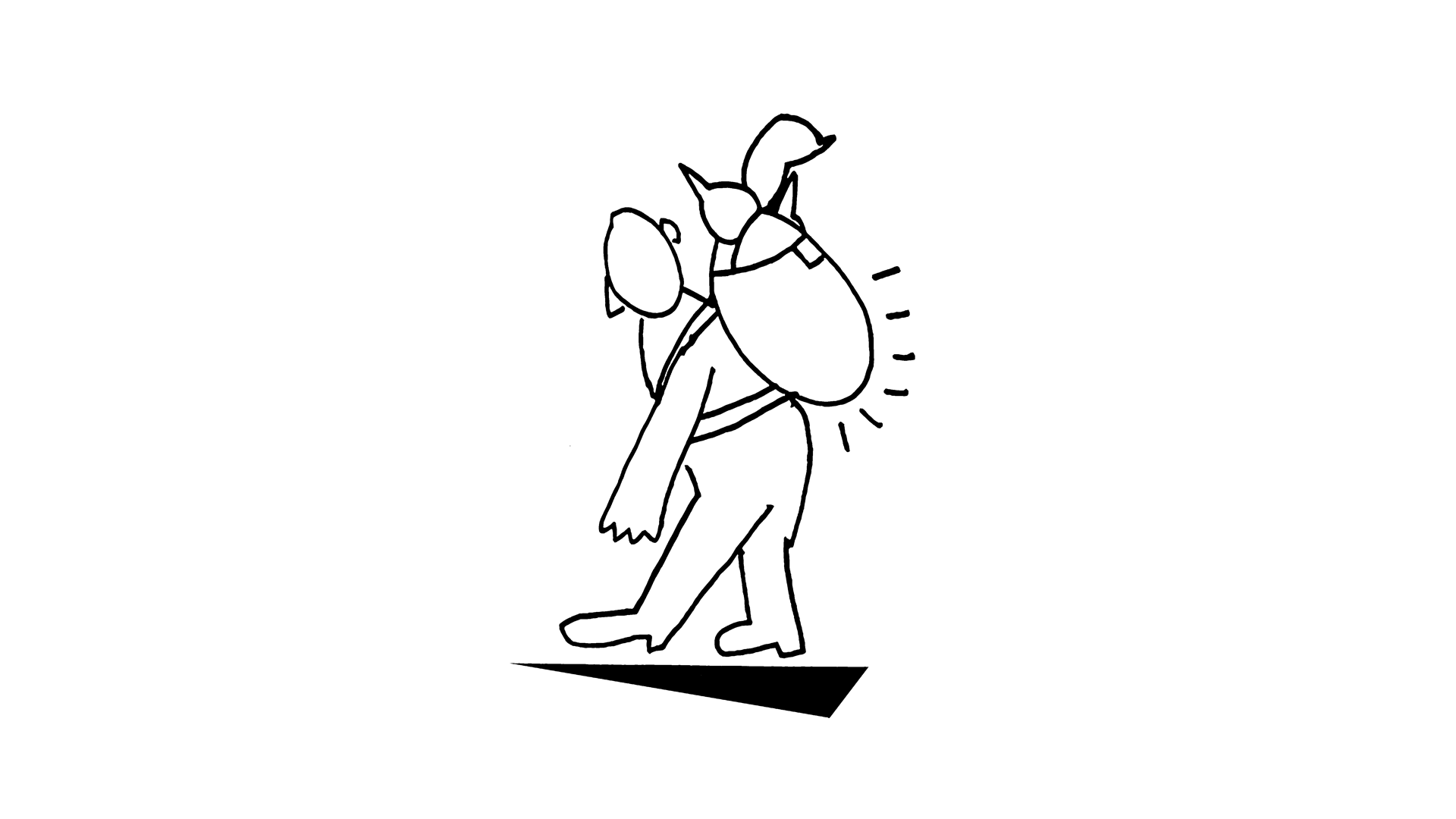Emotional Labor

In the contemporary art world, there is a tension between artmaking and caregiving. tranzit.cz is a feminist institution that is dedicated to supporting individuals with caregiving responsibilities. The aim is to create an environment where artmaking remains possible despite the demanding realities of parenting. This exploration delves into the complex dynamics that unfold when artistic ambition collides with the practicalities of family life, shedding light on the emotional burdens that often accompany such endeavors. There is a toll this can take on both artists and institutions, revealing the urgent need for structural solutions.
Imagine that, as an institution, you are collaborating with an artist who has a two-year-old child and a baby. The artist is coming for a month-long residency; however, since her two-year-old child is staying at home with her partner, she divides the residency into shorter periods. Her residency consists of a series of meetings, for which she needs a production assistant—someone to help her coordinate the appointments. She also needs childcare for the baby. The artist usually comes for the weekend, but she often cancels her trip at the last minute. This is a problem for the production support as they are not able or flexible enough to change plans quickly. You quickly look for someone else, but then both the curator and the artist get nervous because that person needs to be briefed, which is extra work. The production assistant is frustrated because he is constantly booking train tickets and canceling them again, booking and canceling accommodations. The whole project is more demanding than it initially seemed. The artist’s children are constantly ill, and then she herself falls ill. She misses deadlines, she’s nervous and upset. As the project grows, she delegates any extra work to the production assistant—which is beyond the agreed terms—because she doesn’t have the capacity herself but at the same time she cares very much about the project and wants it to be the best. One day she comes to Prague with her baby, who has a cold. The artist is nervous that it’s not just a common cold. She wants to go to the emergency room, but of course she needs someone to accompany her, an interpreter. It’s Friday afternoon and the team of the institution has other plans for the evening. They already feel that they are supporting the artist completely beyond their means, and the artist doesn’t show much appreciation—after all she hasn’t slept for months. I too have other plans, but unlike my colleagues, I am also a mother. I know what it means when you have a sick child in a foreign country. I go with her. We spend several hours in the emergency room among sick and crying children. The nice doctor says it’s just a common cold. It’s late in the evening, and we’re both completely exhausted, so I take her home. I know we’ve formed a friendship and she’s very grateful to me. My partner and my children aren’t so enthusiastic.
The artist is successful and ambitious. This isn’t the only project she’s working on. She has two small children, both under three, but she wants to work like she used to, or as much as she used to. And why shouldn’t she? It’s her right.
I’m exhausted from this collaboration, and so is everybody else. The artist is, of course, completely drained. And I think about the fact that taking care of babies and small children generates extra work, and the extra work is thrown around like a hot potato. No one has the time and energy. We are a feminist institution, we want to cooperate with parents with small children. We organize childcare, we rent bigger apartments for residents, we buy extra train tickets. Even if the grants don’t have a category for it, we’re creative—we always find a way. But when it comes to sick kids and ambitious and demanding projects, even we’re stuck.
Feminist theories of care say that care should be distributed fairly in society; however, that is not the way things are, so it falls to one person or a few people, who may or may not have their own resources—and if they don’t, then tough luck. They cannot make art or they fall on their faces and suffer physically and mentally.
The experiences of artists and institutions navigating the challenges of parenthood highlight a critical gap in the art world’s support systems. tranzit.cz endeavors to form an environment conducive to art and care, yet the reality of managing artistic projects amid the demands of childcare exposes the limitations of current institutional frameworks. Until systemic changes are implemented to address these disparities, both artists and institutions will continue to grapple with the burdens of unrecognized labor, risking burnout and undermining the very creativity they seek to nurture.